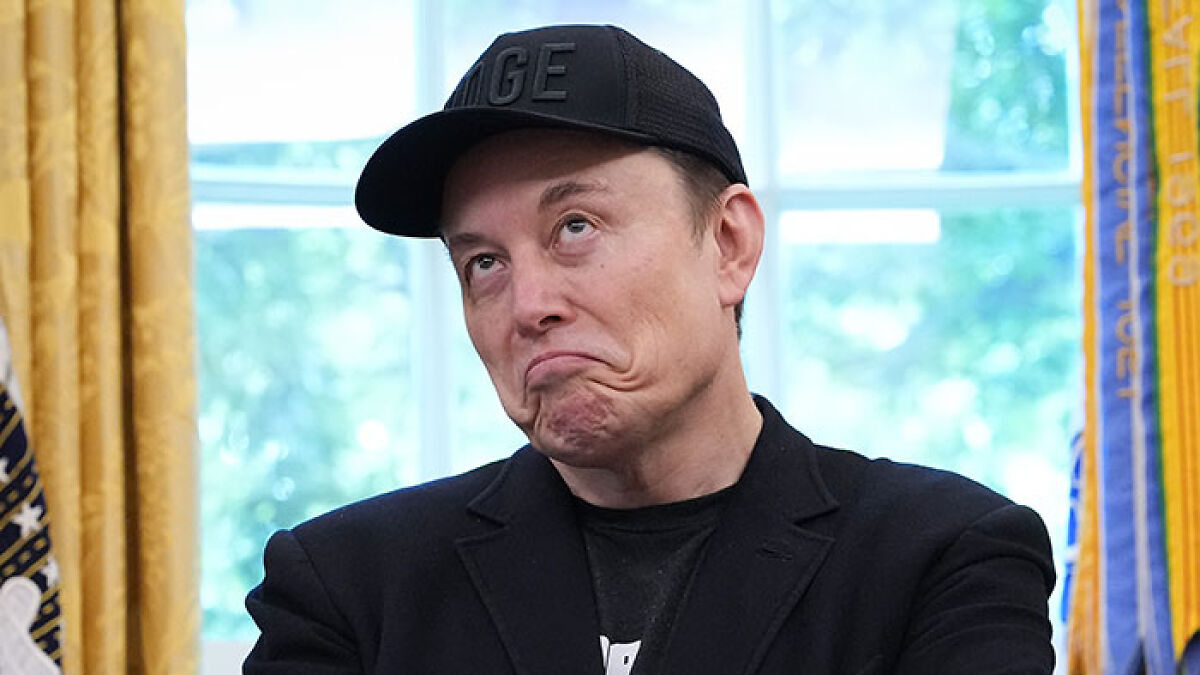
From Lab Meat To App Groceries, These 10 Post-Boomer Tycoons Are Redefining Your Dinner
They’re young, rich, and calling themselves the future of food. From lab-grown nuggets to app-powered groceries, millennial and Gen Z billionaires are quietly buying up the planet’s farms, labs, and supply chains, turning what you eat into branding and profit.
This is the new generation of food tycoons, and your dinner is the latest asset class.
From lab-grown steak start-ups to delivery app empires, the new food tycoons aren’t boomers in suits. They’re hoodie-wearing tech messiahs who think saving the planet and cornering the grocery market are the same thing.
Here are 10 young power players turning dinner into data, and what their appetites mean for the rest of us.
1. Sam Bankman-Fried: The ghost of vegan futures
Before Sam Bankman‑Fried’s collapse, his network channeled capital into climate tech and alternative protein. The broader market had taken note: according to the Good Food Institute, investment in plant-based and cultured-protein firms declined by more than 70% between 2022 and 2024.
What he was doing: Using crypto-derived capital to fund “ethical consumption” startups.
Market signal: The drop in funding suggests that investors are demanding clearer paths to profitability, not just narrative.
Key caveat: The exact portion of his funds directed into specific food-tech firms isn’t publicly broken out; the link is more thematic than traceable to a specific transaction.
Image credits: Fatih Aktas/Getty Images
2. Elon Musk: Food for space, tech for Earth
Elon Musk has publicly described developing closed-loop agritech for Mars colonies, and these projects get attention because if they work in extreme environments, they could be applied on Earth.
What he is doing: His companies (via SpaceX/Tesla) research systems for nutrition and sustainable supply in extreme-environment contexts.
Financial frame: Investing in IP and infrastructure that could serve dual markets (space + Earth) is a diversification strategy.
Key nuance: Unlike many food startups, this is less about mass-market food today and more about future-proofing. The point: there is a direct link between space research and terrestrial nutrition, but it is a long-term horizon.
Image credits: Kevin Dietsch/Getty Images
3. Mark Zuckerberg: When agri-data becomes tech infrastructure
The investment arm of Meta Platforms has taken stakes in precision-agriculture firms across Africa and Asia, focusing on drone monitoring, soil analytics, and yield-prediction platforms.
What they’re building: An ag-data ecosystem: farms become sensor fields generating data that feed Meta’s broader tech stack.
Financial motive: Data is monetized; not just produced. Agriculture becomes part of the “platform economy.”
Key question: Who owns the data and who benefits? The business model is shifting from crop yield to data yield.
Image credits: Chris Unger/Getty Images
4. Vitalik Buterin: Tokenizing carbon and soil
Vitalik Buterin and his blockchain ecosystem back ReFi (regenerative finance) projects, using tokenizationof soil restoration and carbon-sequestration as financial assets.
What’s happening: Projects like Regen Network allow soil carbon credits to be represented as tradable tokens.
Financial signal: While novel, only a small portion of token-based projects have shown direct payouts to primary farmers; the rest remains speculative.
Critical fact: The market is at an early stage; the question is whether thespeculative value will translate to real agricultural transformation.
Image credits: Michael Ciaglo/Getty Images
5. Kimbal Musk: Urban farming meets startup metrics
Kimbal Musk co-founded Square Roots, an urban vertical-farming company. The model: shipping-container farms in urban spaces, licensed to partners.
What they did: Raised over US $90 million (as of 2022) and opened multiple sites across U.S. states.
More recent moves: In July 2023, Square Roots announced major layoffs and the closure of several sites.
Financial dimension: The model shows the challenge of scaling high-capex indoor farming for mass consumption; the pivot suggests a shift from production to “farm-as-a-service.”
Reader takeaway: Even well-capitalized urban-farm ventures face real commercial hazards.
Image credits: Chris Saucedo/Getty Images
6. Apoorva Mehta: From groceries to data-driven consumption
Apoorva Mehta, founder of Instacart, built more than a grocery delivery app: he built a platform that monetizes what people buy, when and how.
Business model: The company pivoted from logistics alone to data analytics, where brands pay to access consumption patterns.
Financial signal: This reflects the mindset of “food as data infrastructure.”
Key detail: While not strictly a “food-tech farm” company, Instacart illustrates how the food sector is being subsumed by platform economics.
Image credits: Instacart
7. Ben Pasternak: Gen-Z snack disruptor
Ben Pasternak founded Simulate (maker of “NUGGS”) when he was 20. Backers include major CPG players and VC funds.
Accomplishment: Raised tens of millions. The snack is marketed as chef-driven and tech-enabled.
Financial insight: Investors are valuing IP/brand more than ingredient innovation; the “snack startup” is being treated like software.
Consideration: Scaling snack brands (plant-based or otherwise) still competes with legacy food systems; disruption is harder than the pitch.
Image credits: Ben Pasternak/Facebook
8. Ethan Brown: The rise and recalibration of Beyond Meat
Ethan Brown, CEO of Beyond Meat, took the company public in 2019 and reached a peak valuation of $14 billion.
Today’s context: Retail volumes slowed, input costs rose, and margins compressed. Analysts now talk of a “reset” in alt-protein valuations.
Financial signal: The era of narrative-valuations is contracting. Investors are shifting back to fundamentals: cost, scale, and distribution.
Takeaway: Vision is essential, but the food business is unforgiving in cost structures and supply chains.
Image credits: Drew Angerer/Getty Images
9. Josh Tetrick: Cultured meat’s industrial gamble
Josh Tetrick is CEO of Eat Just (previously Hampton Creek). The company produced the first regulatory-approved, cultured-chicken product in Singapore.
Financial backdrop: Raised over US $800 million to scale cultured meat production.
Technical reality: Studies suggest cultured meat still uses significantly more energy per kilogram than conventional poultry.
Financial implication: The model depends on large-scale, regulatory support, and cost-compression. Investors are placing long-horizon bets.
Reader note: It’s less “fast food” and more “industrial biotech in food’s disguise.”
Image credits: Alberto E. Rodriguez/Getty Images
10. Alexander Klokus: Branding sustainability as luxury
Alexander Klokus co-founded Tomorrow Farms alongside AJ Scaramucci and Ben Berman. Their focus: high-end plant-based/“animal-free” beverages (e.g., dairy alternatives) geared toward affluent consumers.
Business approach: Premium positioning, lifestyle branding and venture backing.
Market insight: As premium sustainable CPG brands multiply, investor interest grows, but execution risk also rises (supply-chain cost, packaging waste, consumer pricing).
Key question: Does premium branding solve food-system inequities, or simply overlay them with a luxury veneer? Financially, the challenge is translating brand premium into scalable profit.
Image credits: Alexander Klokus/Wikipedia
The billion-dollar (Warren) buffet
According to the AgFunder 2023 AgriFoodTech report, funding to food-tech areas (from meal-delivery to alternative proteins) declined by over 35% from previous peaks. Also, median deal size in 2023 was US $4 million, up 33% versus 2022, while median valuations rose 58% to US $23.6 million.
M&A activity in the food and beverage market remains resilient, per the Kroll Fall 2023 report: despite fewer growth deals, strategic buyers are still active, especially for assets with proven cash flow.
In short, investor sentiment is shifting from speculative “future of food” hype toward firms with credible business models, cost control, and scalability.
Food companies are being judged less on mission statements and more on margins, distribution, energy use, and supply-chain robustness. The players above illustrate the spectrum: from tech platforms to snack brands, from lab meat to urban farms, each with distinct financial logic and risk profiles.
They’re young, wealthy, and woke-ish; the class of entrepreneurs who see food not as culture but as code and dollars. Millennials and Gen Z didn’t inherit farms; they inherited algorithms. Their food systems run on venture capital, carbon offsets, and influencer aesthetics.
For every plant-based patty and hydroponic lettuce tower, there’s a farmworker unpaid, a carbon bill uncounted, and a data trail monetized.
So when the next startup promises to “fix” hunger with AI or Petri dishes, remember: It’s not about feeding people, it’s about feeding markets. The real-world effects are terrifying and devastating when millions go hungry every day.
Poll Question
Thanks! Check out the results:
1k+views
Share on Facebook

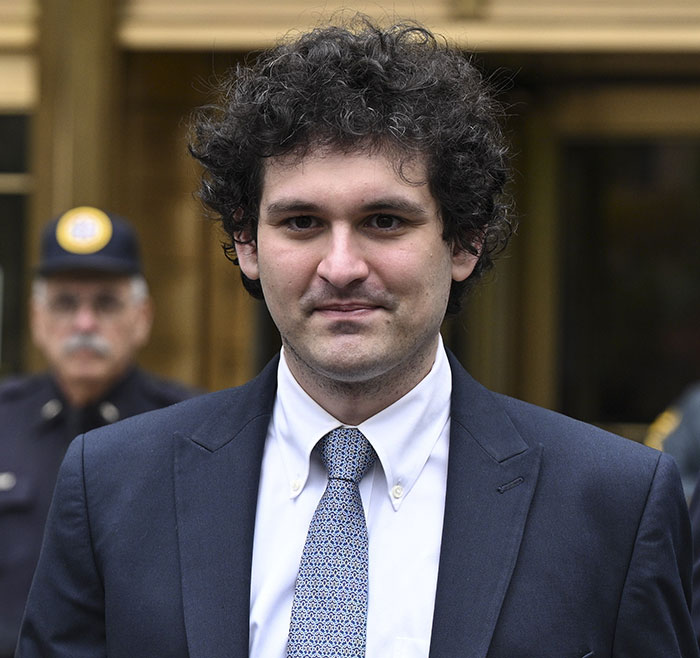
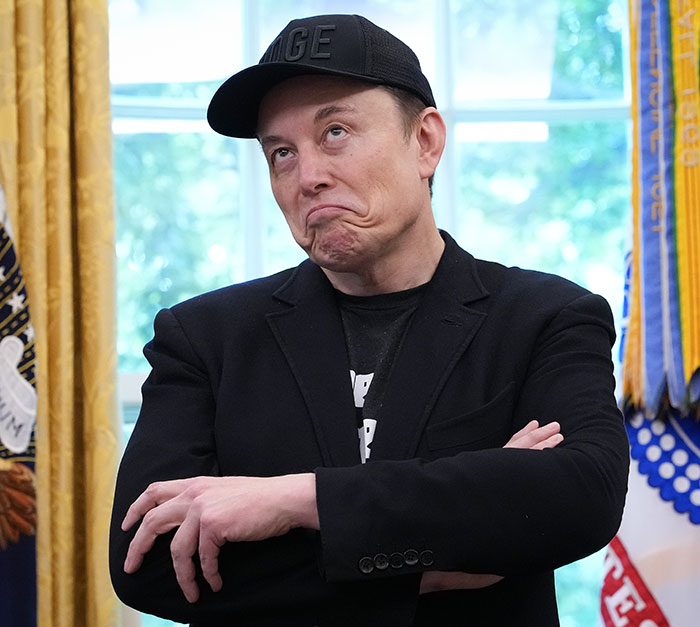

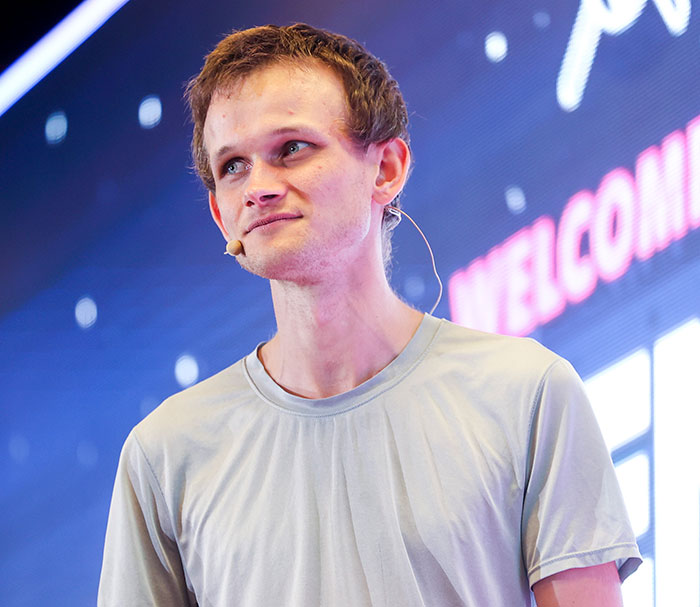

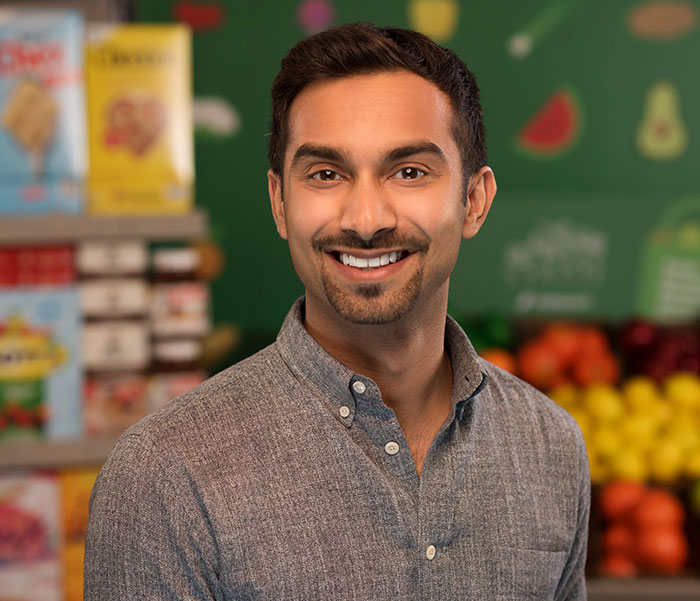

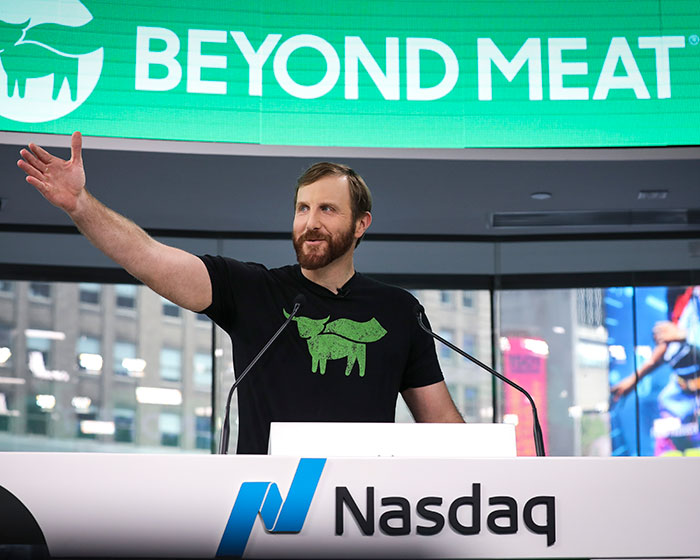





15
1